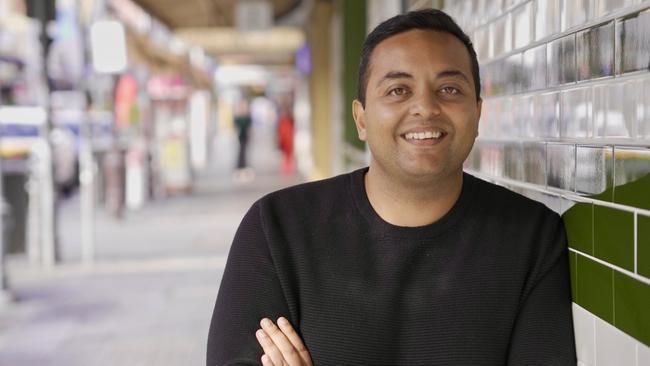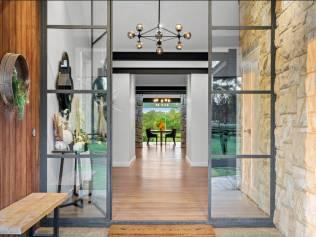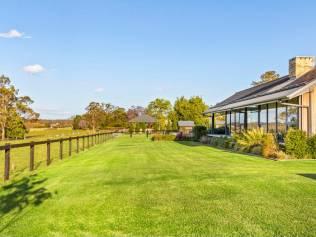32yo's shock news after building $17m empire
Arjun Paliwal bought his first home at 22, amassed a $17m fortune in 17 properties, then received devastating news.

Arjun Paliwal bought his first home at 22, amassed a $17m fortune in 17 properties, then received devastating news.
It's been a momentous year the Sydney-based investor who not only bought a $4.8m dream home for his three-generation extended family unit, but also discovered - at age 32 - that he would require open heart surgery.
It shook he and his family to their core after tests for life insurance discovered he had a heart condition. "I was born with a defect that I only learned about in the last six months," the landlord with properties in six Australian states said. "I only learned about this from applying for life insurance. More people should apply for life insurance to find out anything hidden they weren't aware of. Protect yourself, protect your loved ones and family."
So earlier this year, he lost lots of weight, changed his lifestyle and diet significantly to undergo open heart surgery safely. Today he's in the office as a buyers' agent more determined than ever to help other families build real estate wealth to get through tough times.
NEWS:
NRL enforcer Thomas Flegler to receive big Brisbane payout
Brisbane, Qld house prices surge to record levels

"I had that open heart surgery and I'm recovering nicely 12 weeks on. I think that's what makes it even more important to build wealth for your family," he said. "Focus on long term, because when life events come up, you can at least feel at peace knowing that they've got a footing in the market and and your family can take it from there."
“It started with having a passive income to be able to leave work, and then it got to a stage where it was larger passive income to also improve lifestyle, and now the goal is not only that, but also to inspire others that they can do the same.”

Mr Paliwal said he was willing to do “whatever it takes” savings wise to build his real estate portfolio, starting with saving 40 per cent of net income by staying with family.
“The system we had was the day after payday, we would save those percentages, but it would go to a two-to-sign account. It just makes it very difficult for you to really spend that. So we would just have to make do with what was left over and it became a changed mentality.”

After the first three investment properties, it became less about savings and more about equity, he said, with the aim to get maximum spread across cities and regions that looked to be strong performers.
“The main thing for me was to look at the local economies and housing market trends. I wasn’t looking for the size of it, I was looking for the strength and diversity of it.”
“The house,” he said, “means very little in the equation as much as the location does."
"Throughout my portfolio, I’ve got weatherboard homes, brick homes, 2008 built homes, 1940s and 50s built homes, even a 1920s built home. The house itself has just been focused on its condition and structure, checked by professionals, but I don’t sweat the small stuff beyond the basic due diligence of what detracts people, like floods, bushfire, main roads or a bus stop.”
NEWS:
Aussie ex tennis pro who beat Federer lands $250k payday
$2.41m deal: Big news for Titmus revealed
Today his focus is on high income assets like unit blocks and commercial properties that require higher deposits to secure.
“It gets easier as time goes on once you get your foot in the door,” he said.
He suggested Millennials look at building a solid investment team around them, including a buyer’s agent, accountant and mortgage broker.
“What many people fail to realise is that property investment and its success is not decided upon by the price of the asset you buy but it’s those core fundamentals of the economy, supply and demand, and combine it with how much action you take.”
“It’s not uncommon to make purchases across Australia’s major regional centres from $400k. People could be getting into their first investment with one to three years of savings, and that’s not a long time in the grand scheme of things.”
He said it was important for millennials – or anyone looking to build wealth through property – to remember that compounding helped drive big wins.
“If someone’s aiming for a 50k, 100k, 200k, 500k passive income journey, the aim is still likely to be a 15 to 20 year timeline. I’ve learned to really focus on long term decisions, by making the best short term decision and hold for the long term.”
“In a 20 year period, investors should really aim to do the best they can to make those acquisitions happen in the first five to seven years of investment.”
Originally published as 32yo's shock news after building $17m empire
